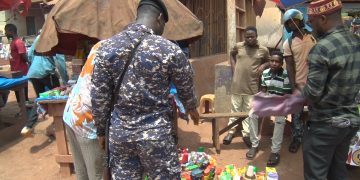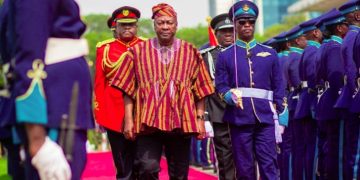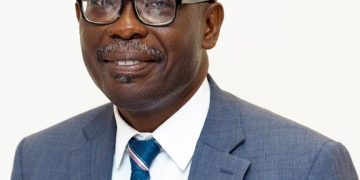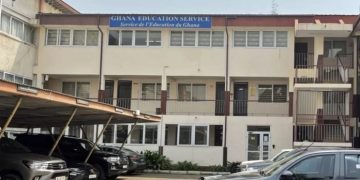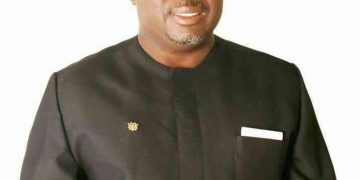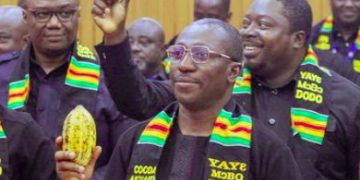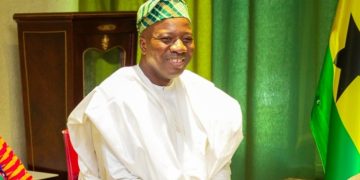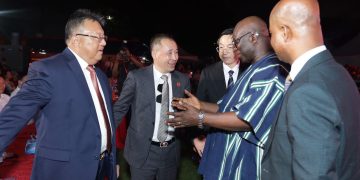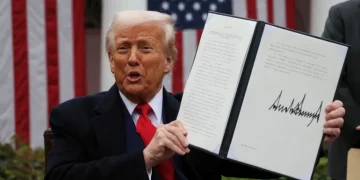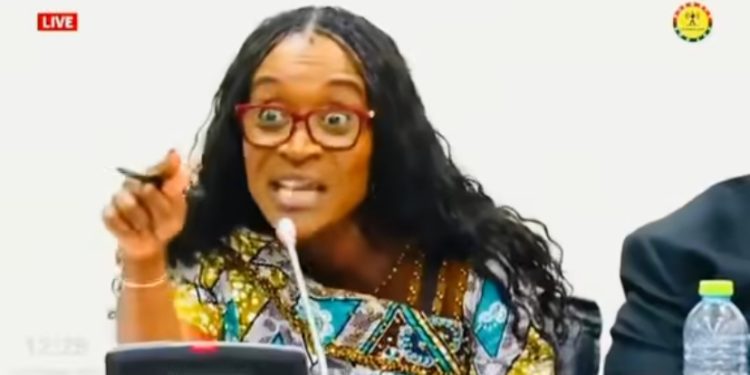I recently watched an excerpt from the Public Accounts Committee (PAC) sitting, where the Chairperson of the Committee, Hon. Abena Osei Asare, and the DVLA CEO, Mr. Julius Neequaye Kotey, engaged in a rather tense exchange.
In that session, Hon. Osei Asare appeared visibly agitated displaying unnecessary arrogance on a subject clearly outside her professional field.
Instead of seeking clarity on the issue, her demeanor suggested a personal grudge, as if an ex-partner who once broke her heart had appeared before her, and she was determined to use her position to humiliate him.
Understanding the Role of the Public Accounts Committee
Before delving into the substantive matter, it is worth recalling the three primary functions of the Public Accounts Committee (PAC):
1. To examine government expenditure and financial reports.
2. To investigate financial irregularities or mismanagement.
3. To hold public officials accountable for the use of public funds.
PAC hearings are meant to uphold accountability not to stage emotional or confrontational encounters.
The Exchange Between Abena Osei Asare and the DVLA CEO
During the session, Hon. Osei Asare asked the DVLA CEO whether the new number plate system would include a vehicle owner’s surname on the plate.
In response, Mr. Kotey said plainly:
“We don’t put names on number plates.”
Unsatisfied, Hon. Osei Asare pressed further:
“If I ask a specific question, you say no!”
Mr. Kotey calmly reiterated:
“I was wondering why that question. We don’t we don’t put surnames on number plates.”
This response seemed to anger the Honourable Member, who shot back:
“What are you telling me? People pay to have their names on number plates, and you sit here as the DVLA boss and say you don’t put names on number plates? Haven’t you seen specialized numbers with people’s personalized names?”
Her tone suggested hostility rather than a quest for understanding.
Where the Honourable Member Got It Wrong
Here lies the twist and the ignorance that could have been avoided had proper background checks been done before posing that “public interest” question.
1. The Legal Framework
Nowhere in the Driver and Vehicle Licensing Authority Act, 1999 (Act 569) does it mention or authorize the issuance of specialized number plates with personal names or surnames.
Section 3(1)(d) of the Act states:
“The functions of the Authority are to inspect, test and register motor vehicles and trailers, and to issue certificates of registration and vehicle examination certificates.”
In other words:
• When a vehicle is registered, it is assigned a unique registration number.
• The number plate is simply the physical display of that number.
• Therefore, the DVLA’s authority to issue number plates comes from its power to register vehicles not to personalize them.
Act 569 merely gives the DVLA the legal authority to register vehicles.
2. What the Road Traffic Regulations (L.I. 2180, 2012) Say
The Road Traffic Regulations, 2012 (L.I. 2180) provide the procedural details for how number plates are designed, displayed, replaced, and regulated.
Under Regulations 12 to 18, the DVLA assigns registration marks (e.g., AS- 2710-25) according to a national coding system.
These rules make no mention of personal, customized, or name-based number plates.
3. DVLA’s Administrative Policy (Not in the Act)
Despite the absence of statutory provision, the DVLA under its general powers introduced “Customized Number Plates” as an administrative service.
This is based on Section 3(1)(i) of Act 569, which allows the DVLA to:
“Carry out such other functions as are incidental to the attainment of its object.”
Under this administrative policy, the DVLA can at its discretion issue special plates bearing company names, institutional labels, or even surnames, provided these are officially approved and paid for.
However, such plates are not ordinary registration numbers and are regulated internally, not by Act 569 or L.I. 2180.
Can the DVLA Boss Say They Don’t Issue Customized Plates?
Not exactly. The DVLA boss cannot truthfully claim that the Authority does not issue special or customized number plates because it clearly does so in practice.
However, he can legally clarify that customized plates are not provided for under the DVLA Act or L.I. 2180.
That distinction is important.
The Bigger Lesson for the Public Accounts Committee
As a Chairperson of the PAC, Hon. Osei Asare should have exercised restraint and professionalism.
Public officials who appear before the Committee are not criminals, they are witnesses or administrators invited to clarify issues.
During the hearing, Mr. Kotey appeared calm and ready to explain the legal and administrative context of his statement. Unfortunately, instead of engaging him constructively, the Honourable Member seemed more interested in confrontation than comprehension.
Such behavior undermines the credibility of the Committee and diminishes the dignity of parliamentary oversight.
Finally;
The exchange between Hon. Abena Osei Asare and DVLA CEO Julius Neequaye Kotey reflects a worrying trend where public hearings become platforms for grandstanding rather than accountability.
Therefore, instead of hostility, what Ghana’s parliamentary oversight process needs is respectful inquiry, factual grounding, and a willingness to listen.
That is how institutions are strengthened not by public posturing or misplaced arrogance.
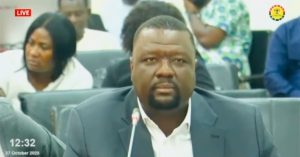
By: Kwadwo Owusu, Corridors of Critical Thinkers



